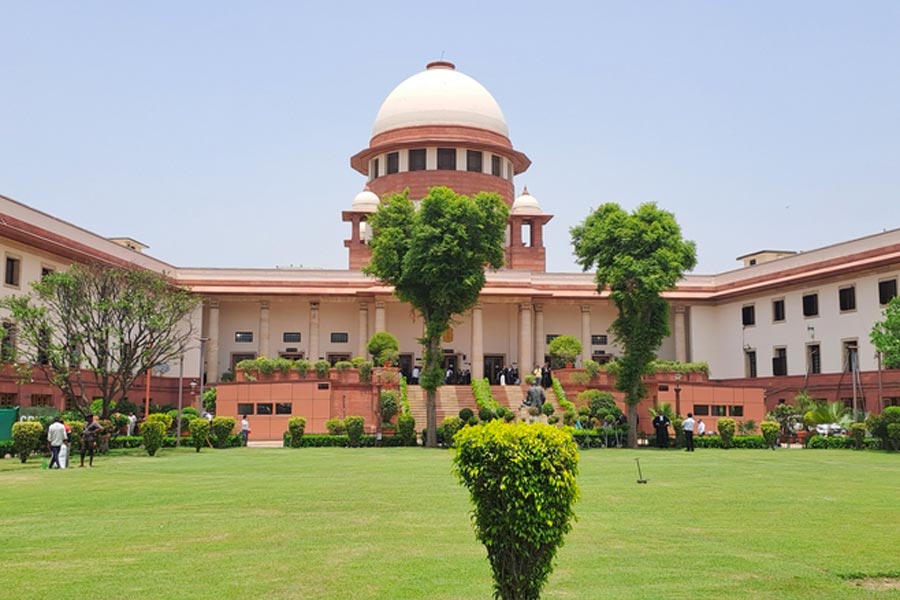A class-prefect who raps the knuckles could not be what a government wants. Yet the Centre seems desirous of inviting a similar response, or of being provocative enough to prompt an undignified controversy. At a hearing of petitions brought by three organisations, two of which were lawyers’ associations, the Supreme Court reportedly told the Narendra Modi-led government that its ‘pick and choose’ method of clearing names of judges recommended by the collegium headed by the Chief Justice of India must stop. According to the method of procedure, the government cannot but clear those names that are reiterated by the collegium. Yet there are five reiterated names and 14 others still awaiting clearance. Delay apart, it is the Centre’s attempt to appropriate the right to select judges that exhibits its recalcitrance in submitting to the collegium’s role in their appointment and transfer. This is a persistent area of contention; the Supreme Court has repeatedly asked the Centre for timely clearance of names. Selecting some names to be cleared and ignoring the MoP requirements have led to various anomalies including the loss of seniority for some judges.
The Supreme Court’s latest stricture to the Centre focused on this effect. The government appears to be intervening in the appointment and transfer process in two ways: by delaying clearance and by destroying the system of seniority to create disorder in the judicial hierarchy. The Centre seems to want its tension with the Supreme Court to become public, although conflict between the executive and the judiciary would be an unhealthy spectacle. The Centre’s obdurate attitude and its frank aspiration towards wielding power over the courts — it has lost credibility by weaponising laws — obscure another issue worth consideration. The collegium system of appointments is not transparent; the higher judiciary’s internal checks and balances are not open to scrutiny. But a democratic system requires that all its institutions be transparent. The judiciary is a model for the citizen, and transparency in all its workings would deepen people’s faith in democratic principles. But hostility and a tussle for power — the Centre’s approach — cannot take the place of collaborative reflection and discussion. The government is strengthening the arguments against its own demand for a change in the collegium panel by its unprofessional conduct. Right and might are not the same.










